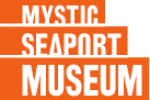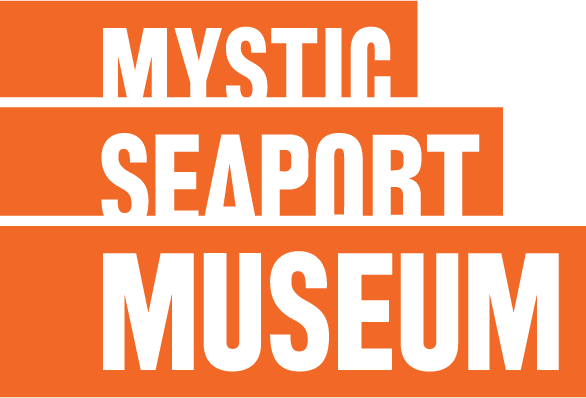
It was a journey many years in the making. The Charles W. Morgan sailed to Stellwagen Bank National Marine Sanctuary this past weekend carrying a message of hope and conservation.
During her 80-year whaling career, the Morgan‘s purpose was to hunt and harvest whales for oil and whalebone (baleen). At the time, whales were a primary source of illumination and lubrication. But technology moved on: petroleum products replaced whale oil, and plastic replaced whalebone. Also, our perception of whales and the natural world has changed as well. In 1841, whales were seen as an unlimited resource to exploit. Today, most cultures view them as creatures to be preserved, and the extent to which mankind hunted many of them almost to extinction is a cautious lesson in the limitations of the earth’s abundance.
Mystic Seaport partnered with NOAA’s Stellwagen Bank National Marine Sanctuary to bring the Morgan to sail among whales once again. However, this time the goal was to raise awareness of the fragile state of our oceans and how important they are in our ecosystem. Sailing an artifact of a defunct—yet once very important—industry among the creatures it sought to kill, offers an opportunity to compare current practices and technology with the past. Both the Morgan and the whales have survived and there are lessons in that survival.
As part of NOAA’s OceanLIVE online broadcast, oceanographer Sylvia Earle joined us on one of the days we were sailing in the sanctuary and she summed it up very succinctly: she called the Morgan a “ship of hope” for the oceans and the creatures that dwell within them.

